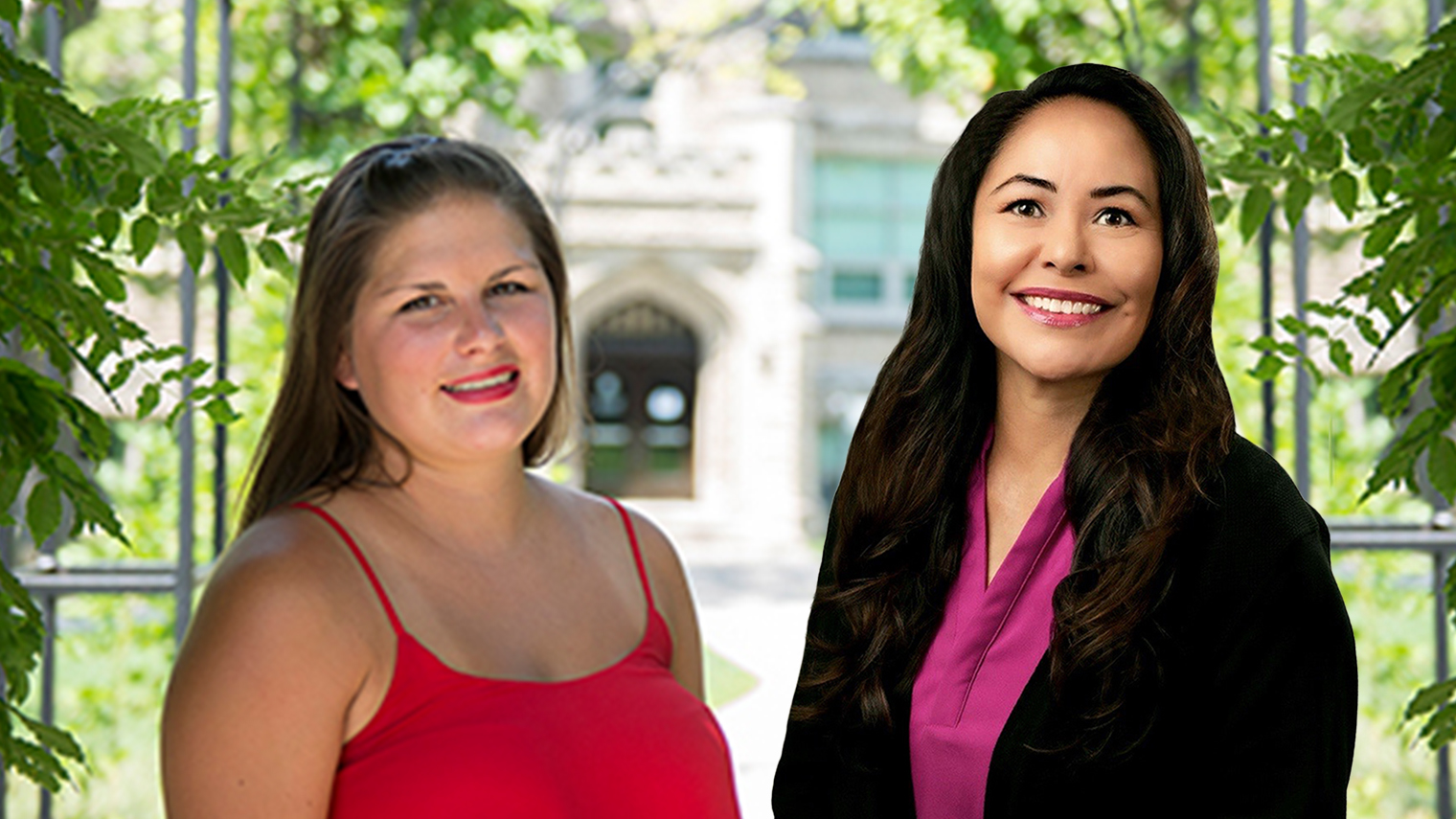PhD Student Seminar: Indigenous experiences of homelessness and an Indigenous model of public health
With Stephanie McConkey and Andrea Martel.
Speakers
Content navigation
Description

Indigenous experiences of homelessness with Stephanie McConkey
Indigenous peoples living in urban areas are more likely to experience homelessness compared to non-Indigenous peoples. Colonial definitions of homelessness do not consider Indigenous perspectives and understandings of homelessness and therefore likely underestimates the prevalence of chronic and episodic homelessness impacting First Nations, Inuit, and Métis (FNIM) living in urban and related homelands as well as the risk factors associated with homelessness.
In partnership with Native Men’s Residence (Na-Me-Res) and with guidance of a local Reference Circle, a new survey tool that measures risks of chronic and episodic homelessness using Indigenous worldviews and understandings of homelessness will be developed, piloted, and validated. The new survey tool will be piloted across a random subsample of FNIM living in Toronto in the form of a follow-up WeCountCovid-19 (WCC-19) study. Statistical validation and reliability testing on the new survey tool will be performed. Based on feedback from the pilot, results of the statistical validity and reliability tests, and under the direction of Na-Me-Res and the local Reference Circle, the survey tool will be revised.
To date, an indicator that measures risks of chronic and episodic homelessness among Indigenous peoples living in urban and related homelands does not exist. The same measures are used to describe homelessness for Indigenous and non-Indigenous peoples, thereby ignoring the impacts of colonialism and unique understandings and experiences of homelessness as they pertain to Indigenous individuals, families, and communities. An indicator that measures risks of chronic and episodic homelessness through an Indigenous lens will provide a culturally appropriate and relevant quantitative ‘evidence-base’ of the scope and severity of Indigenous peoples’ experiences of homelessness.
Indigenous model of public health with Andrea Martel
Andrea Martel’s proposed qualitative research study seeks to advance an Indigenous model of public health that is situated within a nêhiýawak (Plains Cree) knowledge framework, worldview, and praxis. Public health has its challenges, knowledge gaps and systems gaps, particularly in addressing inequities in Indigenous people’s health determinants and outcomes. Collective responsibility for wellbeing is not new to Indigenous societies. In recent years, discussions regarding the significance of kinship systems, natural laws, and relationship with the environment as determinants of Indigenous people’s health has propelled exploration into defining and operationalizing Indigenous public health systems and practice. Having a deeper understanding of local, nation-specific Indigenous knowledge, skills, beliefs, and values is integral and supports cultural continuity, reconciliation, and self-determining goals in promoting healthy individuals, families, communities, and nations. Andrea’s presentation will describe the development of an nêhiýawak methodology to explore nêhiýawak understandings of public health for her proposed doctoral research study.
Location
** Hybrid Event **
Bob Douglas Lecture Theatre, Building 62, Mills Road ACTON 2601
or
https://anu.zoom.us/j/87260321033?pwd=TEtJV2RPaXpCR0N3V1ZRWlVQb1B1UT09
